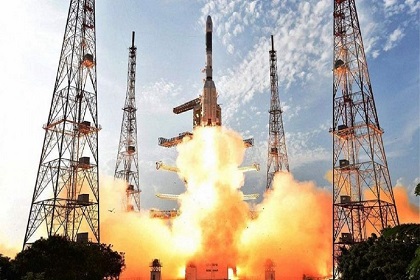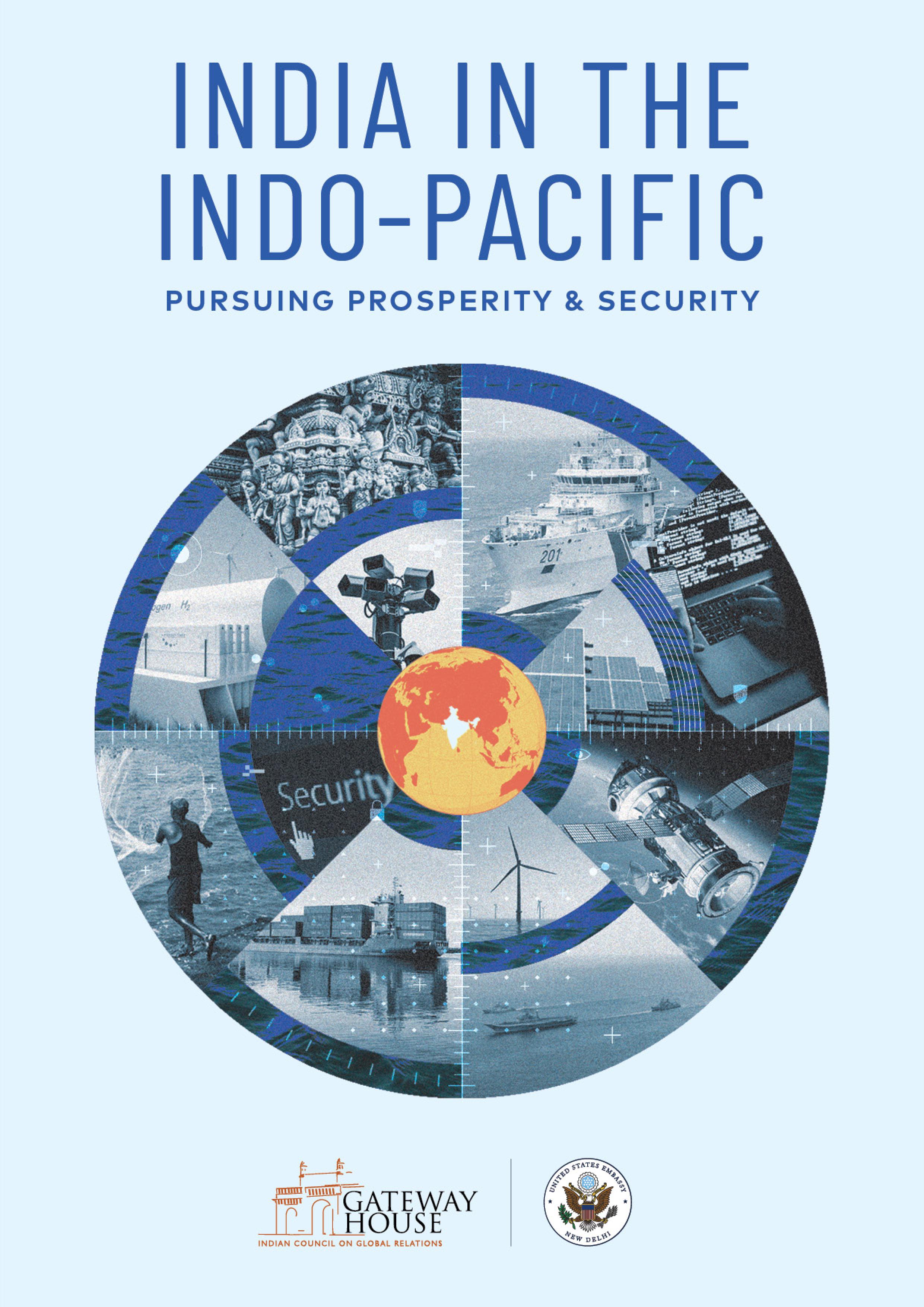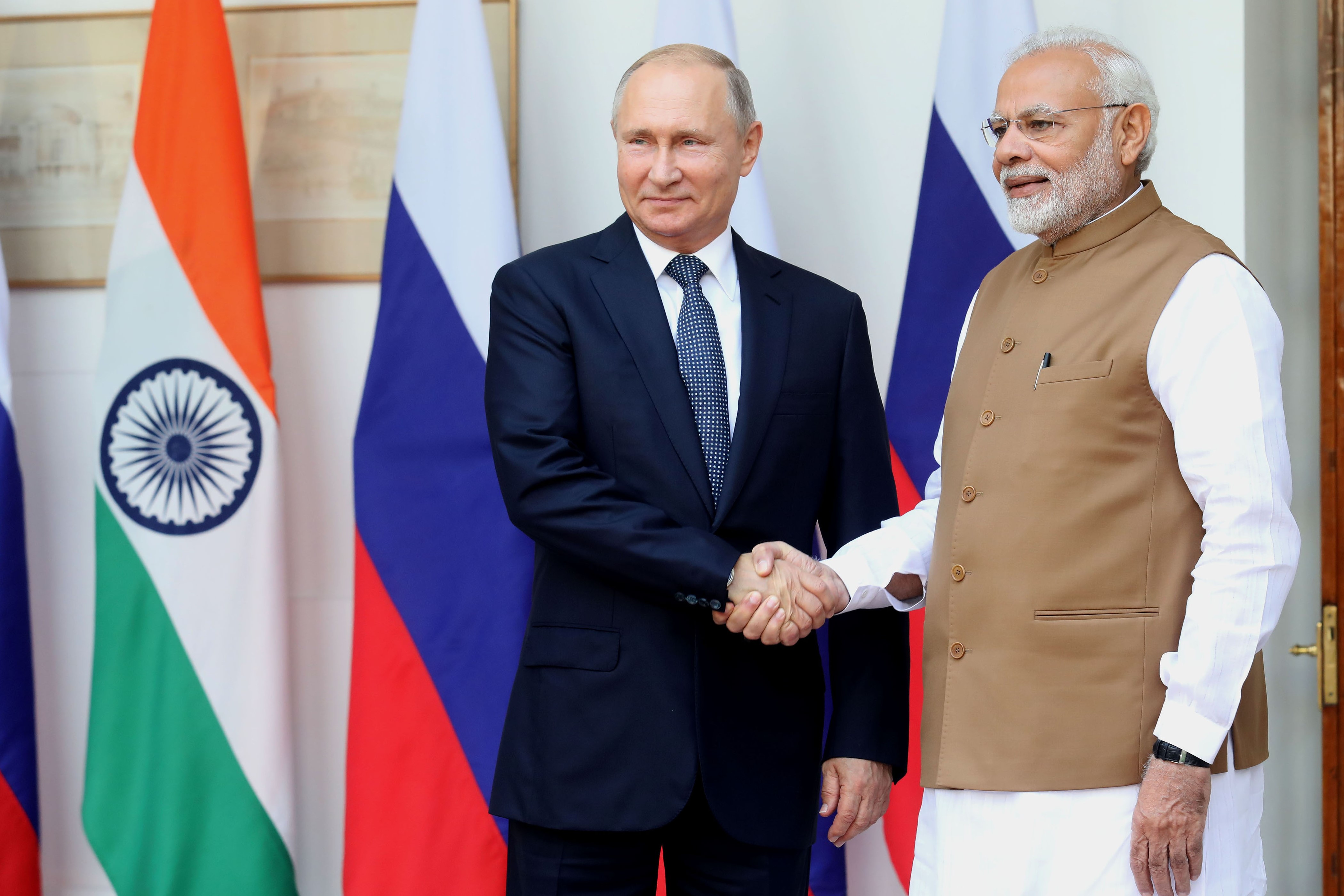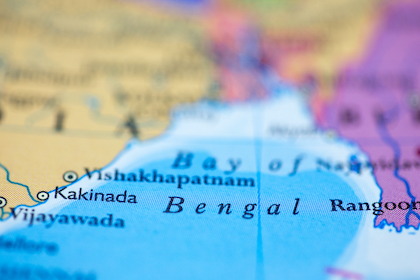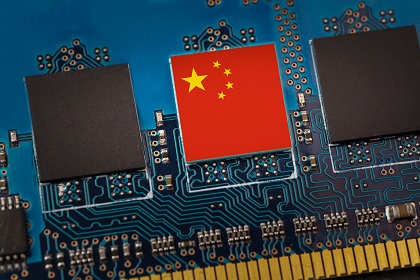China’s new corporate top dogs
A quick look at the list of top Chinese companies shows that the vaunted private sector has receded and the state-owned giants now dominate. Under the new Xi Jinping regime, they are unlikely to relinquish their position. What does this mean for China – and for India?


